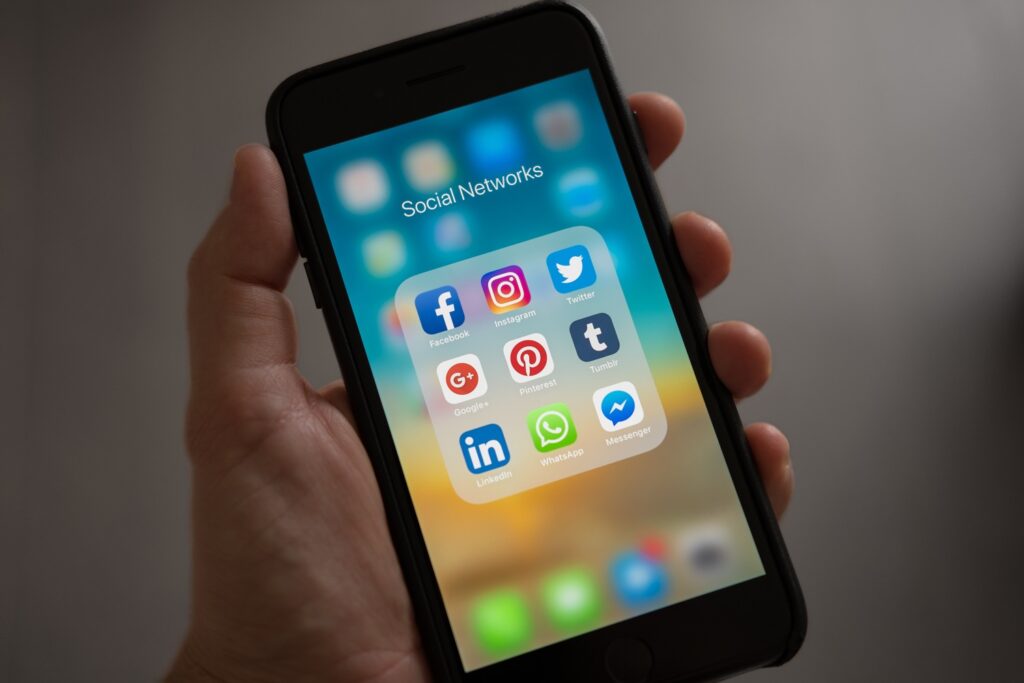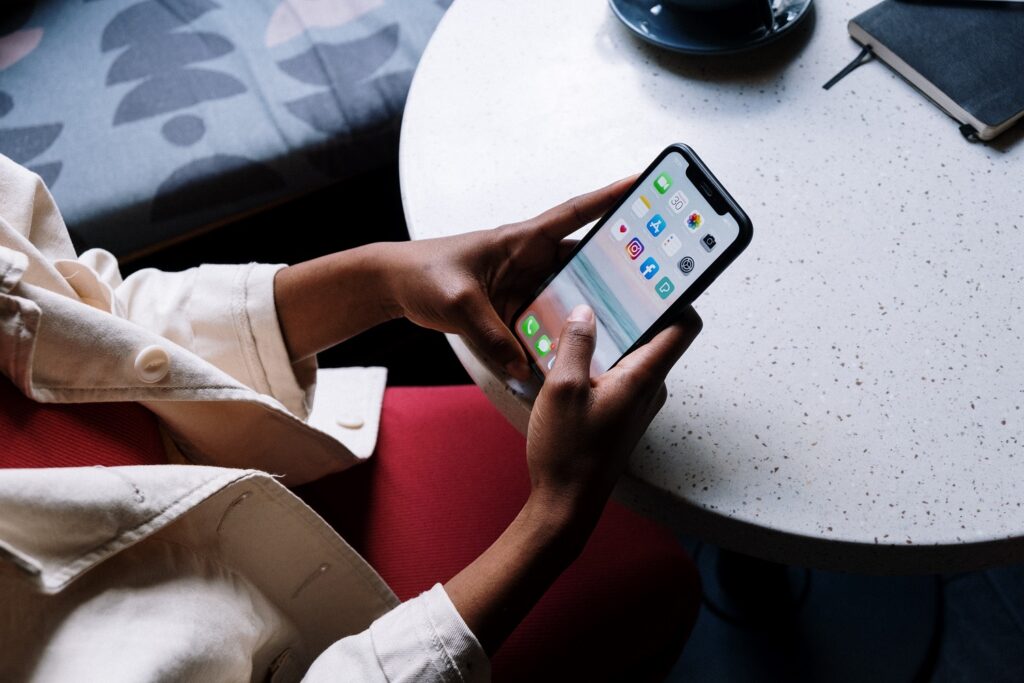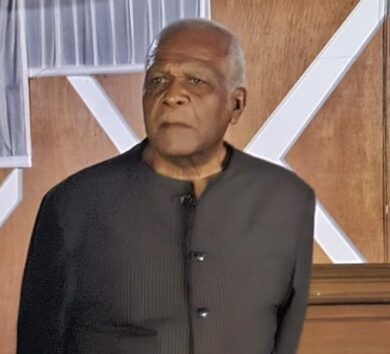
By Paul-Andre Walker
People are living their lives in the open these days, what with Facebook, WhatsApp (now with stories), Twitter, Instagram, QQ, Tik Tok, and Snapchat, but maybe more open than they would like.
The user control of social media gives the impression that you only share what you want, with whom you want.
But smarter and smarter algorithms for targeted advertising has meant that you are also sharing with every company that has anything to sell.
The possibilities for the invasion of your privacy once you give up that small piece of control are endless and more and more people are waking up to that realisation.

In more and more numbers, users are getting off social media. Of course, the erosion of people’s reliance on social media is slow because, the truth is, the invasion of privacy is subtle enough to make its advantages seem to outweigh the issues.
But again, more and more people are making the decision to reduce their digital footprint, but not necessarily because they feel their privacy is being invaded – it’s because of the darned ads!
The ads are inconvenient and get in the way of getting to the business at hand, socialising digitally.
But back to the matter at hand.
In a bid to further veil the invasion of privacy, social media platforms have beefed up security against individual hacks.

WhatsApp has unrivalled end-to-end encryption, Telegram boasts the most secure messaging platform, while Facebook, and Instagram have increased the user’s control over who sees what kind of information you wish to share.
Snapchat offers unrivalled privacy with self-deleting messages and alerts, offering the user real belief in privacy.
However, even Snapchat, by offering personalised news stories, may be indirectly letting in those ‘corporate peekers’.
The truth is, social media is only part of the problem. Everywhere you turn online, organisations are tracking your activities via your searches, which indicates your likes and dislikes.

From that perspective, even when social media platforms try to minimise the invasion of privacy, third-party interactions tie their hands behind them.
So what is the solution?
The solution was to go back to some of the ‘old’ ways of socialising. People slowly began to go out again, sports bars and movie theatres saw a slight bump in attendance – but then entered COVID-19.
Gradually since December of 2019, people around the world have, either through government order or recommendation, been staying away from each other.

But people are social by nature and, very quickly, the dependence on social media for interaction soared.
Now people are meeting digitally in higher and higher numbers and who benefits?
That’s right, advertisers.
In addition, the limelight hogs are out in greater numbers as well, each looking to attract that extra follower.
These persons aren’t afraid to invade your privacy in favour of earning a ‘like’.
Facebook, Instagram, Twitter, and Tik Tok, which are the biggest individual-to-masses platforms that exist, have agreed with governments that part of the responsibility of regulating what can and cannot be posted to avoid abuses lies with them.
There are benefits, as in the cases of the many instances of abuse meted out by the police in the United States by police on black men. Those abuses are coming to light in more and more cases and have opened an important conversation around the world.
Along with that conversation, led by the Black Lives Matter movement, is one about responsibility.
Facebook, Instagram, Twitter, and Tik Tok, which are the biggest individual-to-masses platforms that exist, have agreed with governments that part of the responsibility of regulating what can and cannot be posted to avoid abuses lies with them.

But again, these abuses are individual on individual and do not take into account the abuses by organisations who use these platforms’ creation of a profile of your likes and dislikes to sell you on their products.
It may not seem like a big deal when compared to some of the other issues when it comes to social media, but maybe you will agree that not knowing what someone else is doing with the information it collects on you, information you don’t really want to share, is as scary as all dangers that are more obvious. And that is even if they promise not to do anything with that information. In essence, the advent of social media has killed the idea of privacy, unless, of course, you stay off the Internet and miss out on the many wonderful advantages it offers.







Comments